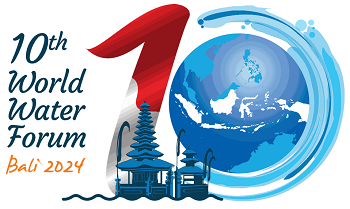Food security
Agriculture cannot exist without water, and a lot of water (rainwater and irrigation) is needed to ensure the security of our food. However, according to the FAO expectations, production would need to increase by 60% come 2050 in order to feed nine billion people. A better water management is a necessity to ensure the universal right to food, to meet global food needs without deforesting the planet, to ensure higher incomes for vulnerable rural households and create jobs. It is also needed to spread sustainable farming systems everywhere in the world, to adapt successfully to climate change and to avoid forecasted crisis.
Objectives
Water is unevenly distributed, mobilized and recycled throughout the world. Many productive systems are impacted by rural poverty and their sustainability is threatened. Due to climate change and its effects on water and agriculture, food insecurity threats and social instability are rising in the countries at risk. In certain areas, in particular in sub Saharan Africa, mobilizing water resources will be essential and must be done according to an integrated approach. Priority must once again be given to agriculture and rural development to avoid new food crises, all the while managing water resources in a necessary sustainable manner.
As a result, the members of the French Water Partnership recommend using all available tools (demand and supply) in a simultaneous and integrated manner. This requires :
• Ensuring the success of the transition to ecological farming for better water conservation and to restore the quality of soils, prevent erosion and desertification, produce more with fewer external resources (ecological intensification ; conservation and precision agriculture) and reduce pollution ;
• Increased mobilization of water resources where possible and necessary and progress in terms of efficiency and sustainability : surface water storage and aquifer replenishment, transfers and use of non-conventional water sources ; management of water demand ;
• Support for small-scale farming to ensure access to water and a better use of local water, provide environmental services and boost productivity and rural incomes ;
• Multi-scale regional governance of water and regional projects that empowers rural communities and aims at strengthening food and water security ;
• A new culture of innovation (agronomy, technology, governance, etc.).
